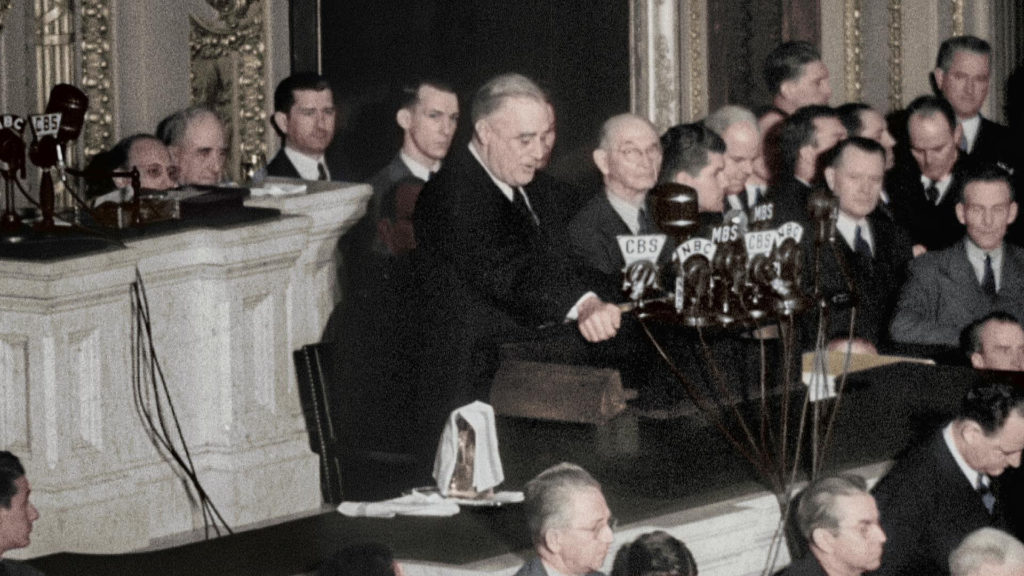A new Alabama law will require streamlined procedures between foster parents and all state-licensed child placement agencies, making foster parents a more respected part of the foster care team.
The law should have a minimal effect on the operations of the Alabama Baptist Children’s Homes & Family Ministries (ABCH), said executive director Paul Miller. “We are a licensed foster home, so the things I’ve seen [in the new law] we are already doing,” he said.
He said social workers at the ABCH have a smaller case load than the Alabama Department of Human Resources (DHR), resulting in a highly supportive and accessible relationship with foster parents.
Linda Williams, president of the Alabama Foster and Adoptive Parent Association, said the law, known as “Foster Parents’ Bill of Rights,” puts existing Alabama DHR policy into law. It also applies to private and religious state-licensed child placement agencies.
The new law gives new rights, responsibilities and respect to foster parents, Williams said. “Up to this point we [foster parents] have been considered baby-sitters but this [law] really gives us a strong voice,” she said.
DHR leading the way
Page Walley, DHR commissioner, supports the law, which was modeled after similar legislation in Tennessee. “I am proud that the DHR has taken a leadership role in the passage of this bill,” said Walley, a member of First Baptist Church, Opelika.
Provisions include the right to training, a written explanation of the plan of the foster child, the child’s history, opportunities for respite and the right of acceptance/refusal of a foster child.
Rep. Mac Gipson, R-Prattville, House sponsor of the legislation, noted the law also gives foster parents phone access to DHR personnel at any time. Because foster parents must call DHR before taking a foster child to the doctor, unlimited phone access is vital, Gipson said.
Gov. Bob Riley signed the bill into law April 20. It takes effect July 1. “These are common-sense rules that will better protect children and give foster parents a stronger voice in the system,” he said in a news release.
Gipson said he hopes the law will encourage more families to take in foster children.
According to John Bradford, public information officer with DHR, Alabama currently has 2,655 foster family homes and about 6,000 foster children.





Share with others: